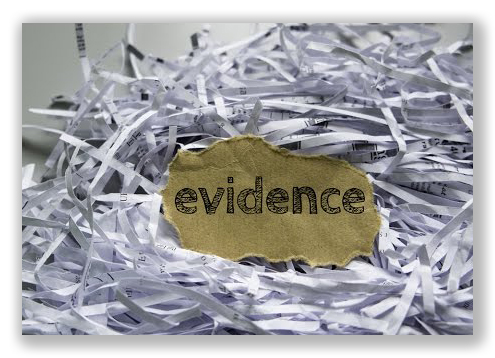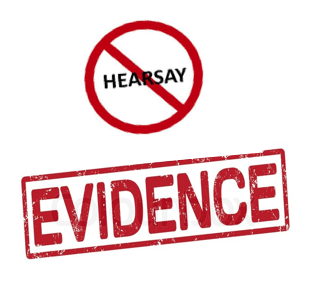We post news and comment on federal criminal justice issues, focused primarily on trial and post-conviction matters, legislative initiatives, and sentencing issues.

WHEN ‘SOME’ CAN BE ENOUGH
Antwain Moore was sentenced to 120 months for multiple drug offenses. One factual foundation for the sentence was the district court’s finding that the 56 grams of methamphetamine found in Antoine’s house were 100% pure. At sentencing, Antwain submitted an affidavit from a chemist that slammed the DEA’s lab technique for measuring purity as pure bunk.
 The district court was unimpressed. When the DEA argued that the defendant’s expert affidavit was “not conclusive that the government’s procedures were improper or led to a bad result” and that “the DEA’s testing procedures are well accepted in the scientific community.” After all, the government said, Antwain could have retested the methamphetamine himself, but he did not.
The district court was unimpressed. When the DEA argued that the defendant’s expert affidavit was “not conclusive that the government’s procedures were improper or led to a bad result” and that “the DEA’s testing procedures are well accepted in the scientific community.” After all, the government said, Antwain could have retested the methamphetamine himself, but he did not.
On appeal, Antoine argued that a chemist’s affidavit he submitted met the “some evidence” standard sufficient to call into doubt the government’s purity claim, especially where the government did not bother to rebut his expert’s claim with evidence of its own.
Antwain’s chemist said in his affidavit that the DEA’s purity test method, comparing the meth sample to a reference graph could not yield a reliable result. Instead, the chemist said, the meth had to be tested against an actual meth sample of known purity. If Antoine’s argument was right, his guideline sentencing range would fall from 130-162 months in prison to 77-96 months.
He got slammed with 120 months.
Last week, the 7th Circuit reversed. “If Antwain had done nothing more by way of objection,” the Circuit said, “he would have offered what we have repeatedly described as only a ‘bare denial’ of the presentence report information, which ordinarily is not enough to shift the burden of production or to require a hearing.”
 But Antwain did offer more than a bare denial. “He offered the opinion of an independent expert about the reliability of the DEA’s test results. Dr. Beauchamp explained that the DEA’s results were potentially inexact and inconsistent, pointing out in particular that the DEA’s report did not enable him to determine whether the purity level of drugs was consistent throughout the 55.6 grams.” To rebut this, the DEA offered only an evidence-free argument.
But Antwain did offer more than a bare denial. “He offered the opinion of an independent expert about the reliability of the DEA’s test results. Dr. Beauchamp explained that the DEA’s results were potentially inexact and inconsistent, pointing out in particular that the DEA’s report did not enable him to determine whether the purity level of drugs was consistent throughout the 55.6 grams.” To rebut this, the DEA offered only an evidence-free argument.
Noting that Antwain “has a due-process right to be sentenced based on reliable information,” the 7th ruled that the district court was wrong to hold that “there was no indication here or no evidence before the Court that the DEA protocols are not reliable.” In fact, the only evidence in the record was that those protocols were unreliable.
“The government submitted DEA test results that were not supported by any affidavit,” the Circuit wrote. “When the reliability was questioned in Dr. Beauchamp’s affidavit, the government chose to rest on an assumption that the district court adopted: that the DEA has reliable and generally accepted methods of testing drug purity. We assume that’s probably true as a general matter, but in a particular case, a defendant whose liberty is at stake is entitled to hold the government to its burden of proof by a preponderance of reliable evidence. An unsupported assumption does not tell us anything about whether test results in a particular case can reasonably be relied upon.”
 The 7th held that “when the government relies on hearsay — such as the laboratory results here — and a defendant raises a plausible objection about whether its contents are indeed reliable, the government can reasonably be required to provide more of a foundation.”
The 7th held that “when the government relies on hearsay — such as the laboratory results here — and a defendant raises a plausible objection about whether its contents are indeed reliable, the government can reasonably be required to provide more of a foundation.”
Antwain’s case was remanded for resentencing.
United States v. Moore, Case No. 21-2485, 2022 U.S. App. LEXIS 30831 (7th Cir., Nov. 7, 2022)
– Thomas L. Root

